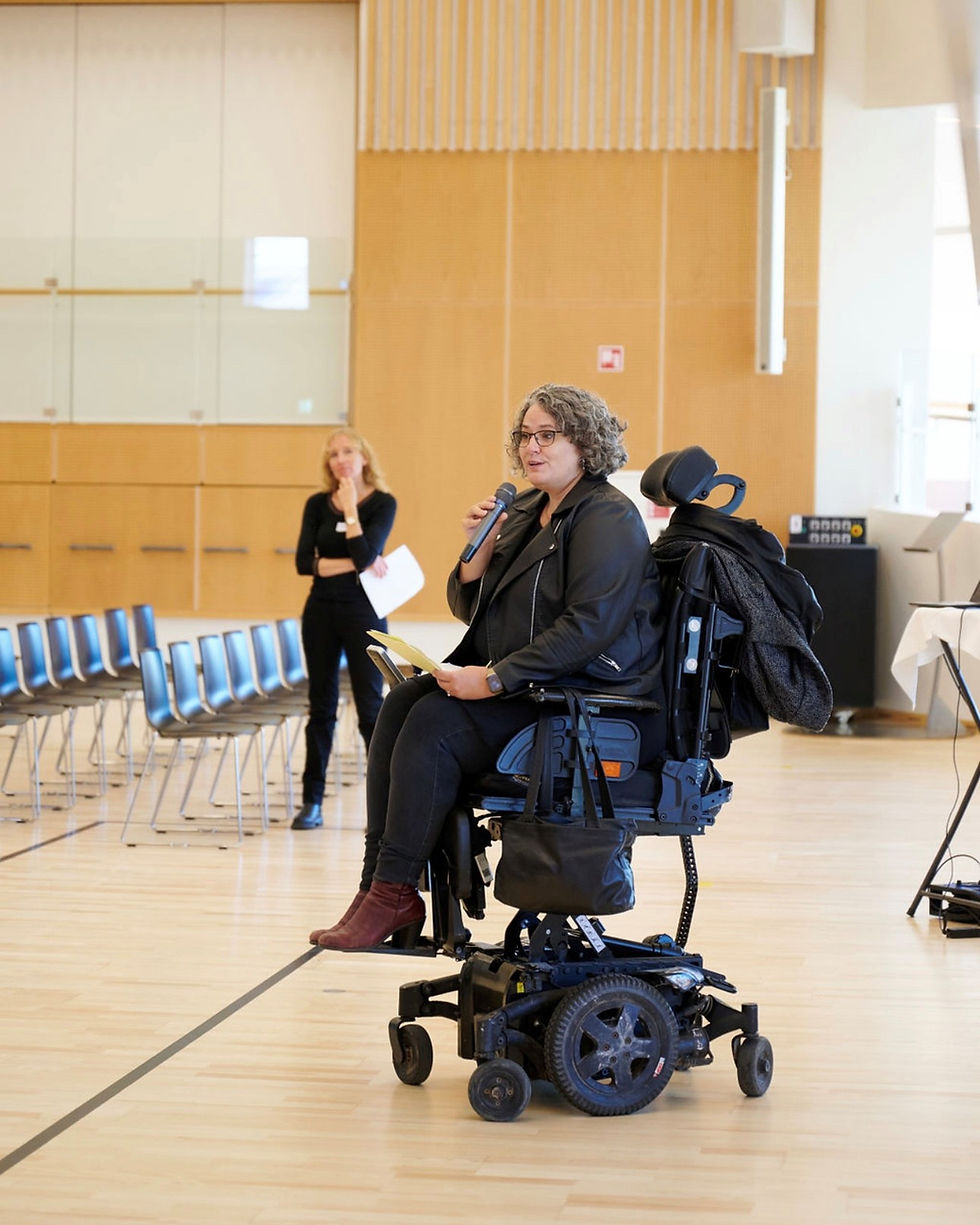The importance of Voting in the Eu election
- The International
- May 4, 2024
- 3 min read

The European Parliamentary Elections – the process and the case for voting.
Photographs: Pexels
Text: Thorbern Alexander Klingert
In the run-up to the European Parliamentary (EP) election, the question of why one should vote looms large. Voting is not merely a civic duty but fundamental for an inclusive democracy. As Denmark gears up for the EP election, understanding who can vote, when and how to vote, and the significance of each ballot cast is paramount.
Why vote?
As the European Parliamentary (EP) election edges nearer, so does the vital decision to vote. Until the last EP election in 2019, voting for the EP had been declining across the European Union (EU). Often, few EU citizens living in another member state know that they are eligible to vote in their country of residence. There are undoubtedly many reasons for this outcome, including language barriers and a lack of information. However, the result is a representation gap when an eligible voting population is omitted from the election process, which challenges the idea of representative democracy. Consequently, voting is imperative for a healthy democracy by way of ensuring representation.
Who can vote?
As a first-time voter in Denmark for the EP election, you will have to register, which reassuringly is a one-off process. Anyone can vote who adheres to the following guidelines:
At least 18 years of age on election day
A Danish or EU citizen legally residing in Denmark or a Danish citizen living abroad
Register by the deadline (so no later than 5 May 2024). My previous article mentioned 13 May 2024 as the deadline. That was a mistake, and rectified it here.
When and how to vote?
The EP election is taking place on Sunday, 9th June, 2024 in Denmark. Registration is due five weeks ahead of that date (5th May 2024 is the last day to register). If you have not received a letter via digital post prompting your registration, you can still register here, which includes both instructions and the application form to be sent back (digitally or physically). The authorities advise that you should register well in advance as the application may take some time. Once registered, you will receive your ballot paper (polling card) approximately five days ahead of election day with instructions confirming the address of your polling station. Apart from your polling card, it is also advisable to bring some form of ID (i.e. either a yellow health card, driver’s license, or passport, etc.).
Can I vote before election day?
Should you wish to vote ahead of election day by postal voting, simply go to any Citizens Services Centre in Denmark (remember ID) once registered. This option can be done until three days before the election.
"There are undoubtedly many reasons for this outcome, including language barriers and a lack of information. However, the result is a representation gap when an eligible voting population is omitted from the election process, which challenges the idea of representative democracy."

Can I vote if I’m abroad?
Should you either be away during the day of the election (i.e. due to vacation) as an EU citizen or be a Danish citizen living abroad in another EU member state, you can still vote.
In case of the former following registration (if you are a first-time voter), simply head to any Danish embassy. The authorities advise that you do so as soon as possible as the processing of these votes can take some time and needs to be completed seven days ahead of the election.
In case of the latter, you will need to register for “valglisten til Europa-Parlamentsvalg” (the voting list for the EP election). You can do so online by following the instructions here. Again, the authorities advise doing so as early as possible.
The call to action
Voting at the EP election matters. Whether local or European concerns are one’s personal priorities, both themes apply in this election. In terms of the former, that could, for instance, apply as a student seeking funding for their studies. From a European perspective, matters concerning the environment, economy, security, or an entirely other matter would be areas in which the EU plays a significant role. Over 60% of laws applied in member states come from the EU. Therefore, in order to influence that, in order to make your voice heard, and in order to play a part in the democratic process, the call to action is a solid encouragement to vote at this EP election.









